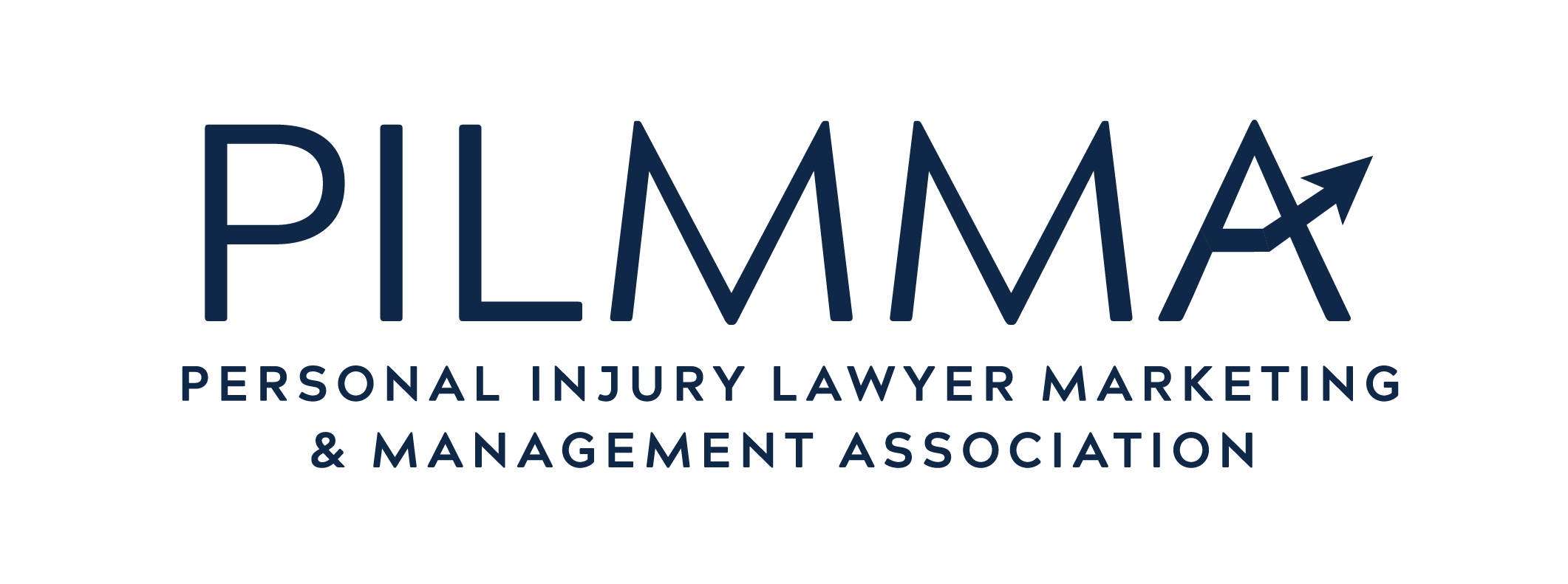If your staff is putting callers on three-minute holds or you’re sending incoming calls straight to voicemail after hours, you’re probably driving prospective clients straight to your competitor. You can have the most compelling creative and a strong marketing system but if your call-handling isn’t up to par, you won’t convert the callers who respond to your ads into signed clients.
We started Consumer Attorney Telemarketing Services (CATS) specifically to address this problem. We now answer 25,000 calls per week.
In the early days of CAMG, we were focused on creative production and marketing. In short time, however, we noticed that many of our law firm clients just weren’t equipped to handle incoming calls. The way firms were handling calls was dragging our campaign performance. We knew we had to offer our clients a phone services division that operated with the best practices in the industry. I’m happy to share these best practices for call handling with PILMMA members.
Don’t Leave the Phone Off the Hook
I can’t tell you how important it is to have live agents available to answer calls 24/7. Firms come to us all the time and say, “Send the calls to us. We’re open from 9 to 5.” The problem is that people aren’t always going to call your firm during office hours. People are in auto accidents or have other situations when they need an attorney at night or over the weekend. You’ve got to ensure every call is answered by a live person. As great as you think your hold music is, you can’t leave people hanging on the line until they hang up out of frustration. If they do hang up, are you calling them back? The bottom line is you want the first and every phone call to be a positive experience for your clients.
But I Use a “Virtual” Receptionist…
What do callers hear when they dial your number? “Your call is very important to us. Please continue to hold. Enter the extension of the person you’re trying to reach.” It’s extremely frustrating for potential clients to be put through the run-around before speaking with a live person. You may think you’re saving your firm money but the lack of a live person on the line is costing you big time.
Coach Employees or Call Center Representatives
At CATS, our representatives are put through rigorous training before they answer calls. Each representative is operating as an extension of our client’s firm, so they are familiar with firm information, as well as each area of practice and the specific intake script.
Your receptionist, intake team, or outsourced call center should be familiar with initial intake questions, as well as able to answer basic questions about your practice and practice area.
Personal injury clients may have been injured in an accident, dealing with medical complications or the unexpected loss of a loved one. No matter what type of case you’re dealing with, calls should be handled with sensitivity and compassion.
Are You Listening to Your Calls? (You Should Be…)
You should be recording phone calls to see how your staff is answering calls. Listening to calls not only monitor and hold your staff accountable but also provides you with insight on improving phone practices.
You don’t know how to record incoming calls? If you need help with recording phone calls or any other phone handling issue, reach out to CAMG. We’re happy to help.
If You’re Considering Outsourcing Your Phone Services
Now that you’re up to speed on phone handling, how are you going to handle calls that come in at night or on the weekend? If you’ve decided to outsource your after-hours calls, make sure the phone services provider uses these practices:
- Call-forwarding Options: When a potential case needs immediate follow-up, you will need a system to flag “hot” cases to forward to you or an attorney at your firm.
- An Effective Intake Method: To streamline the process, your phone services partner should gather contact information and basic details so your office can respond to quality intake calls when you are available.
Best phone practices can make the difference between signing cases and losing potential clients to a competitor firm. For more information or tips to improve your firm’s phone protocol, reach out to CAMG.

